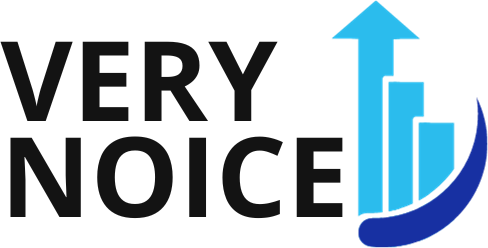- Debt, while often viewed negatively, can be strategically used to reach investment goals with proper management.
- Leverage from debt can boost investments in areas like real estate, margin trading, business expansion, and education.
- Mortgage financing is a joint debt strategy, enabling home ownership and potential financial returns with careful planning.
- Education debt can result in long-term returns through higher earnings and improved job prospects, despite initial borrowing costs.
Many people perceive debt as a negative aspect of financial management due to its potential risks. The key reason for this perspective is the obligation to repay the borrowed amount with interest, which might strain personal finances if not managed well. According to the Federal Reserve, the total U.S. household debt reached a staggering $17.06 trillion, with credit card debt alone accounting for $820 billion. This statistic underlines the significant burden that debt can place on individuals and families, often leading to financial instability. Further, a study by Northwestern Mutual found that the average American has $38,000 in personal debt, excluding mortgages. This level of indebtedness can lead to prolonged financial stress, making debt a seemingly unfavorable option for many.
However, getting into debt can also be a strategic move regarding investing. It will require a lot of responsible management and a clear understanding of the risks involved, but debt can be an effective tool for reaching financial goals. Here are a few ways where debt can be used to boost smart investments:
Debt Leverage

Leveraging debt for investment purposes enables you to increase the capital you have available to invest. This strategy can help magnify your gains but also amplify your losses, so it’s crucial to understand and manage the potential risks involved. Here are four ways you can use debt to boost your investments:
Real Estate Investments
Debt is commonly used in real estate investments because it allows investors to purchase assets they may not be able to afford outright. By taking out mortgages or other types of loans, investors can acquire properties that have the potential to appreciate over time, offering lucrative returns.
Margin Trading
Margin trading allows investors to borrow money from a brokerage to buy securities. This practice can amplify gains but result in significant losses if the investments don’t perform as expected. Before diving in, understanding the risks and costs associated with margin trading is crucial.
Business Expansion
Business owners can use debt to expand their operations or fund new projects. By doing so, they can potentially increase their profits, which can be used to repay the debt and still leave a healthy surplus.
Education and Skills Enhancement
Debt can also be used to finance education or skills enhancement, which can lead to better job prospects and higher income. This, in turn, can allow you to invest more money, potentially leading to higher returns in the long run.
Mortgage Financing

A home isn’t just a place to live; it’s a valuable asset that can appreciate over time, potentially yielding significant financial returns. Opting for affordable home loans is one of the most prevalent ways individuals strategically go into debt. It provides the opportunity to purchase a home and gradually pay for it, allowing homeownership without requiring the total upfront cost.
However, when considering this debt strategy, there are several factors you should consider.
- Interest Rates: A lower interest rate implies that the overall cost of your loan will be less. It’s important to shop, compare offers, and negotiate for the best rate possible.
- Loan Term: The loan duration will affect your monthly payments and the total amount you pay over time. A longer-term means lower monthly payments, but you’ll pay more interest overall.
- Down Payment: A larger down payment can reduce the amount you need to borrow, leading to smaller monthly payments and potentially securing a better interest rate.
- Affordability: Consider your budget and financial goals. Monthly home loan payments should be manageable and not stretch your finances too thin.
By prudently using debt to finance a mortgage, you can become a homeowner, build equity over time, and potentially benefit from appreciating your property value. It’s a decision that should be made carefully and in consultation with financial advisors.
Debt for Education
If investments are aimed at long-term returns, taking out student loans to finance education can be a sound move. A degree or certificate is often an investment in your future, as it can lead to higher earnings and better job prospects. However, student loan debt should be taken seriously and repaid over time.
Of course, finding ways to pay for college without debt is ideal, but if you need to borrow money, opt for the best loan you can get. It’s essential to understand the loan terms and ensure that repayment won’t be a burden down the line.
Final Thoughts
Debt can be a double-edged sword; mismanaging it can lead to significant financial stress, while properly leveraging it can help reach your investing goals. It’s essential to understand the risks and rewards of using debt for investments and make informed decisions accordingly. Consulting with experts and keeping track of your finances is critical to avoiding costly mistakes. With proper guidance, debt can become an invaluable tool for intelligent investing.

